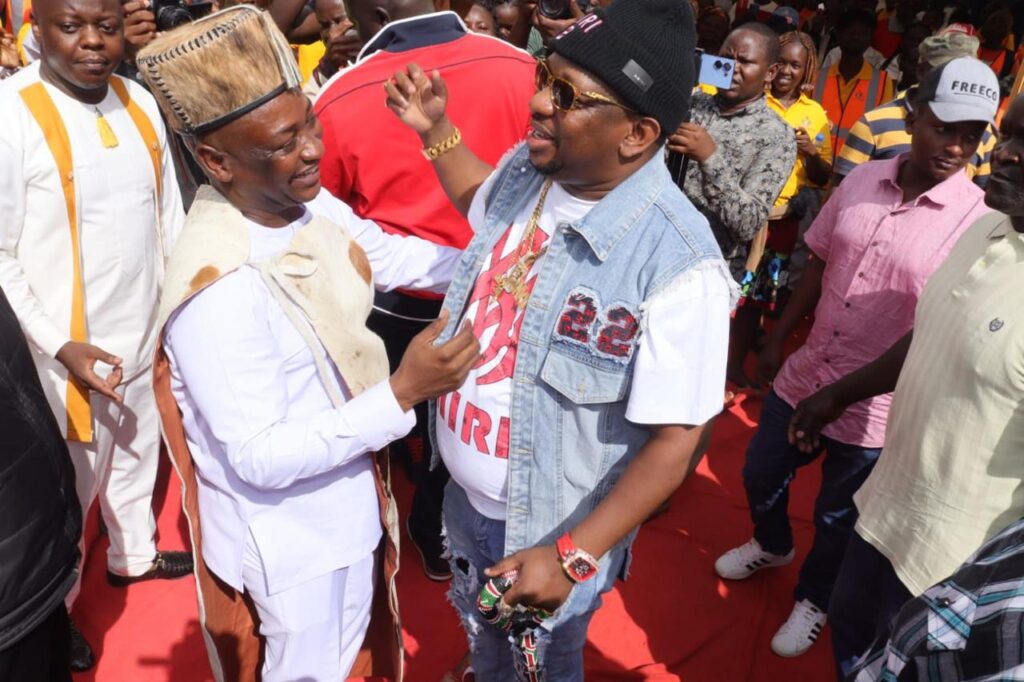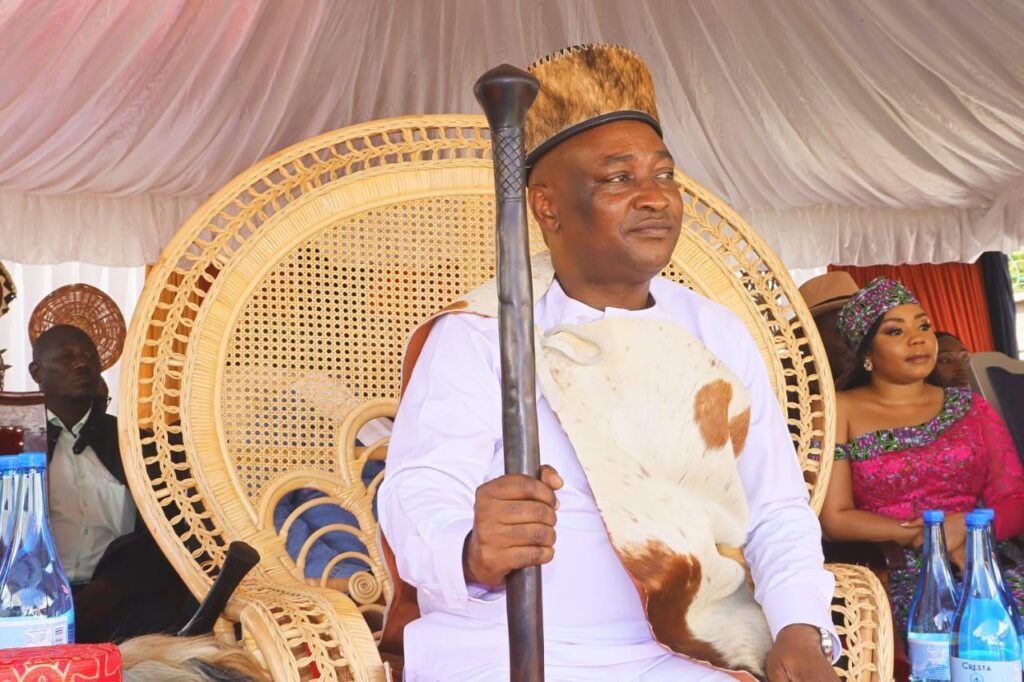As the race to the 2027 General Elections gathers momentum, the political landscape in Ukambani is shifting, with emerging figures now standing shoulder to shoulder with established regional giants.
Among those attracting growing attention is Dr. Augustus Kyalo Muli, the National Liberal Party (NLP) leader and Anzauni Clan Patron, whose rising influence across Kitui, Machakos, and Makueni counties has placed him among the region’s top ten power brokers to watch.

For years, Kalonzo Musyoka, the Wiper Party leader and former Vice President, has been the undisputed face of Kamba politics. His political network and strong grassroots base have historically kept the region solidly behind him. However, new dynamics are taking shape as younger leaders and emerging parties redefine the region’s political conversation.
According to political observers, the region’s top power players heading into 2027 include Kalonzo Musyoka, Charity Ngilu, Alfred Mutua, Kivutha Kibwana, Mutula Kilonzo Jr., Julius Malombe, David Musila, Johnson Muthama, and now Dr. Augustus Kyalo Muli, alongside several rising youth and women leaders who are mobilizing at the ward level.
Dr. Muli’s inclusion in this list marks a new chapter in Ukambani’s evolving political story.
As the leader of the National Liberal Party (NLP), he has been vocal about promoting inclusive leadership, youth empowerment, and alternative political voices that go beyond traditional party lines. His grassroots engagements and mobilization efforts have made him a familiar figure across Lower Eastern Kenya.
At the same time, his position as Patron of the Anzauni Clan, one of the most influential Kamba clans, has given him a cultural and social platform that extends beyond partisan politics. Over the past year, Dr. Muli has presided over community consultative forums, youth training initiatives, and inter-clan development dialogues — earning him recognition as a bridge between traditional leadership and modern political organization.
Observers say this blend of community legitimacy and national political structure is what sets him apart from many emerging leaders.
“Ukambani politics is shifting,” said a Kitui-based analyst. “People are looking for leaders who combine vision with grassroots touch. Dr. Muli represents that new model — grounded in culture but progressive in politics.”
The Ukambani region, comprising Kitui, Machakos, and Makueni counties, remains a critical voting bloc in national politics. With voter registration campaigns intensifying, political realignments are already underway as local leaders position themselves for influence within national coalitions.
Insiders note that while Wiper still commands loyalty among older voters, new parties and civic movements are drawing in younger demographics seeking practical leadership and inclusive governance. Within this context, Dr. Muli’s National Liberal Party has opened several branch offices across the country and is increasingly visible in Lower Eastern political discussions.
As 2027 approaches, analysts predict that the Ukambani vote will be more competitive and fragmented than in previous elections, with alliances likely to be built around both established party structures and influential personalities.
And while Kalonzo Musyoka remains the region’s senior-most political figure, the emergence of alternative voices — among them Dr. Augustus Kyalo Muli — is signaling a broader political awakening.
In what many describe as a generational transition, leaders like Muli are injecting new energy into Ukambani’s political equation, blending tradition, professionalism, and grassroots mobilization.
Whether his growing influence will translate into elective strength or strategic bargaining power remains to be seen. But one thing is certain — as the 2027 campaigns heat up, Dr. Augustus Kyalo Muli will be a name to watch in Ukambani’s political future.


